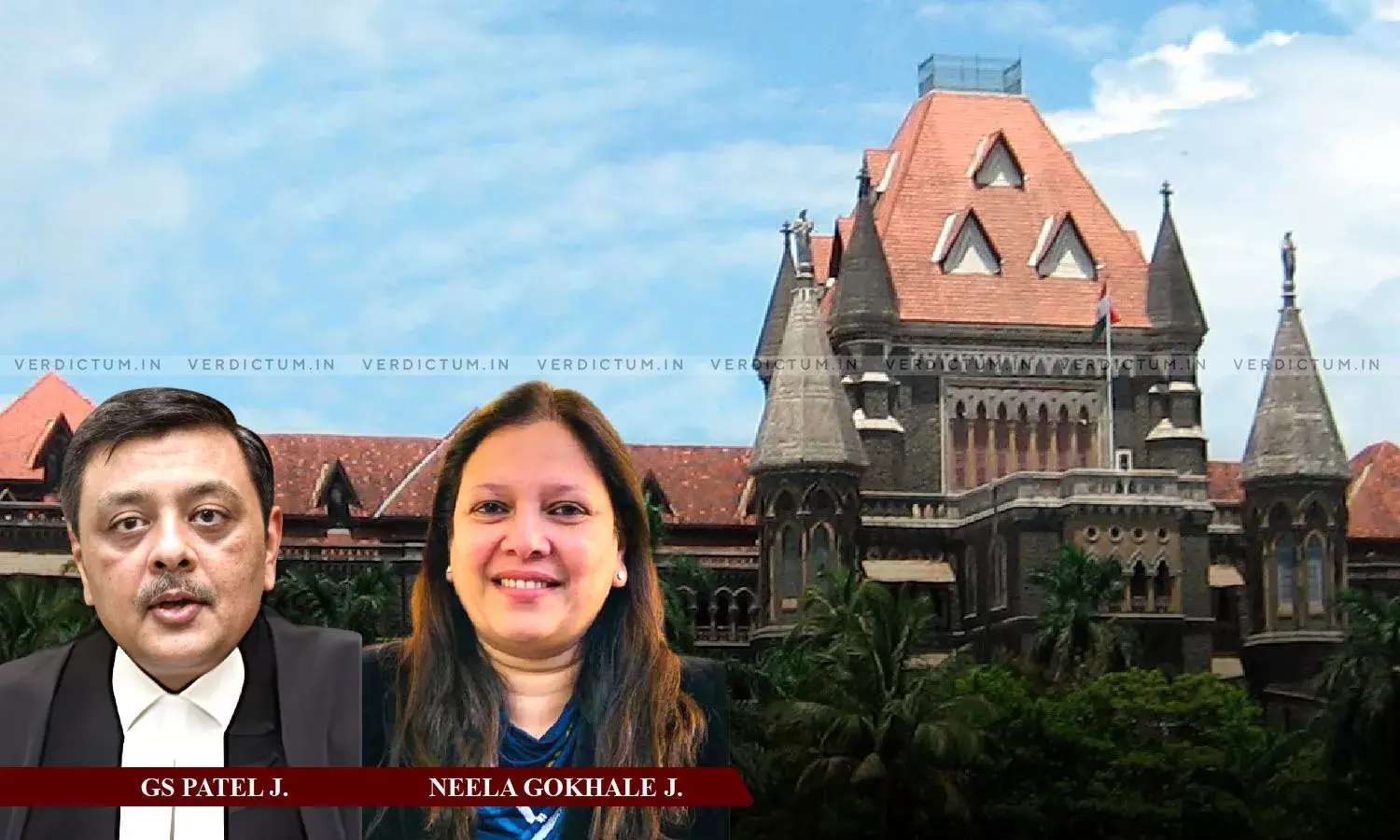Organ Donation Does Not Require Affirmative Consent From Wife Or Near Relatives- Bombay HC Clarifies

A Bombay High Court Bench of Justice GS Patel and Justice Neela Gokhale has allowed a man to donate his kidney to his sister's husband, despite his estranged wife's objections. In that context, the Court observed that nothing in the Transplantation of Human Organs and Tissues Act or Rules requires affirmative consent from "near relatives", including spousal consent.
Senior Advocate YS Jahagirdar appeared for the petitioners. GP PP Kakade and AGP PN Diwan appeared for the Respondent State.
In this case, an organ donation to the brother of the donor was opposed by the estranged spouse of the donor.
The High Court went though the factual matrix and analysed the relevant provisions of the Transplantation of Human Organs and Tissues Act, 1994, and the Rules under it.
Subsequently, the Court observed that the Act makes no provisions for a spouse withholding consent even unreasonably or for extraneous reasons. In that context, it was said that "Dinesh has already filed an Affidavit and made a comprehensive statement that his estranged spouse and unmarried daughter have been provided for. Before us he reiterates that, and we have no reason to disbelieve him. We cannot understand why the insistence on a spousal consent should literally come at the cost of Prasanna’s life. It is not as if Prasanna is demanding the donation from Dinesh or that Dinesh is being pressured into making that organ donation. The essence of the Act in such cases is for a voluntary donation of an organ".
Critiquing the procedure followed by the authorities, the Court took the considered view that "We do not know how both authorities have read into the Act a mandatory requirement for spousal consent. There is no other suitable donor for Prasanna. His own immediate family is not compatible. He has been suffering from this condition since 2018 and since June 2021 is on daily dialysis. Thanks to Dinesh, this is his one chance to restore some semblance of normalcy to his life. Whatever be the marital issues between Shreya and Dinesh, we do not see how these can be allowed to come in the way of what is undoubtedly Prasanna’s fundamental right to life under Article 21. This is an aspect that both authorities have completely overlooked and utterly lost sight of. They have chosen instead to give primacy to a private, unstated, unspecified concern of the spouse".
Terming the objection of the donor's estranged spouse as "astonishing", the Court observed that her opinion was coloured by marital disputes, and could not override a clinical diagnosis by a recognized affiliated and authorised hospital.
Subsequently, the petitioners were allowed to proceed with the transplantation. No costs.
Cause Title: Prasanna Laxmikant Joshi & Anr. vs State of Maharashtra & Ors.
Click here to read/download the Judgment

